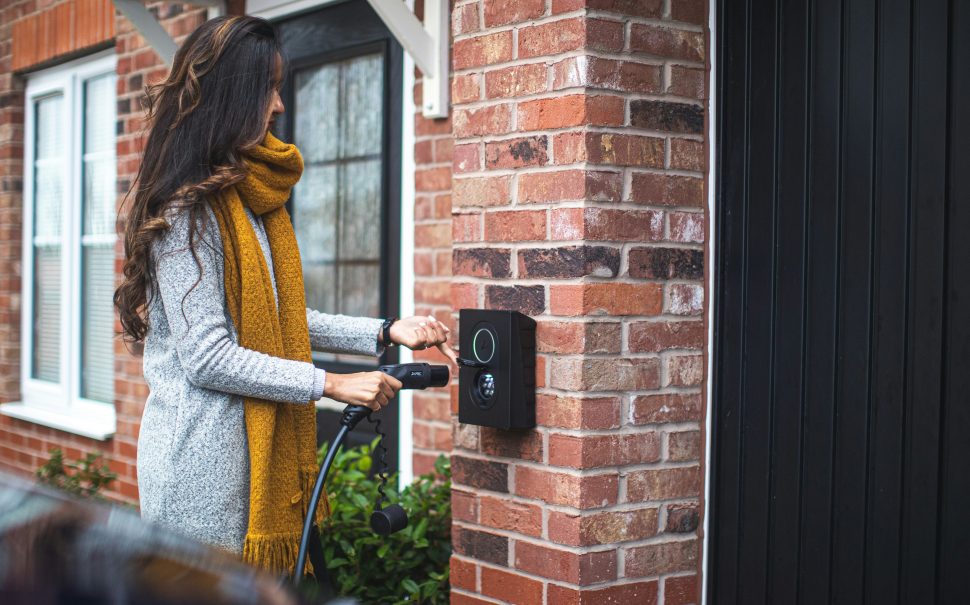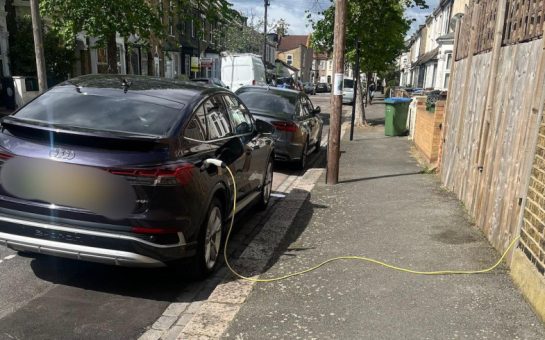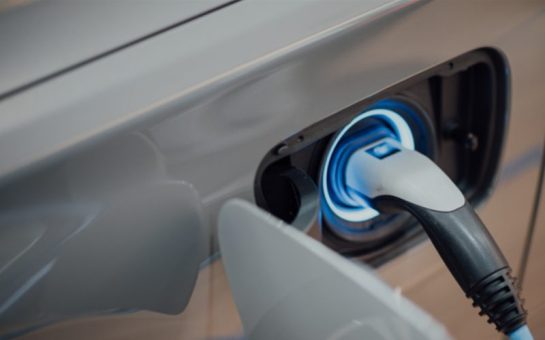Women are being left behind in the switch to electric cars due to safety fears, a survey has found.
Electrifying.com and The AA jointly surveyed 11,565 drivers earlier this month and discovered that two-thirds of women do not want to give up their petrol or diesel cars.
One in five women said they find information about electric cars confusing.
Founder and CEO of Electrifying.com, Ginny Buckley said: “Female car buyers need to be empowered to understand the technology switch.
“I don’t think women don’t want to buy electric cars but there’s a clear knowledge gap around women and EVs.”
Buckley, a journalist, started Electrifying.com to bring more female car buyers into the conversation around electric vehicles, running the survey to gain an understanding of drivers’ attitudes to electric cars.
Female enthusiasm has drastically dropped in two years, with only 16% saying they feel confident in their safety when charging their electric cars.
This number compared to 40% of men.
The main reasons for not making the switch were clear, with 55% of women concerned over personal safety due to charging point location.
60% also feared running out of charge with family members in their car.
Buckley said there was a need for improved lighting, CCTV and better signage at charging points, and that an increase in opportunities to test drive electric should be available.
After partnering with the Department for Transport to create a Beginners Guide to Going Electric, she now hopes the Government can continue developing support.
EV ChargeSafe is a company that wants to set the standard for public EV charging.
Kate Tyrell, CEO and Co-Founder of ChargeSafe, started the company after attempting to charge at three separate locations but quickly realised none were suitable at night.
Tyrell said: “All three chargers were in the farthest, darkest corner of the car park and I felt vulnerable.
“Being in the industry, I reached out to the network operators and received little assurance that anything could be done to remedy the environments chargers are in.”
Tyrell explained that although transitioning to electric had been an empowering experience for herself, she had heard many stories of salesmen trying to side-line women, resulting in them being patronised away from an EV.
Tyrell said: “All the misinformation we see and hear is often from a male source, so desperate to not change his vehicle and making bogus claims.”
Debbie Herring and Carolyn Gleeson are members of the Women Drive Electric UK Facebook group which aims to create a safe space in the statistically male-dominated motor world.
Herring, 52, is the Head of Client Success for a software company in Winchester and has only had an electric car for a month.
She said: “I confess to it all being a learning curve, unfortunately when you start googling EV’s there is a lot of misinformation out there.
“Parking somewhere with poor lightning and out of the way is always going to feel more threatening.”
Gleeson, 71, a retired headteacher near Milton Keynes, lives four miles from the nearest public charger.
She said: “It was like stepping into the complete unknown.
“Whilst the dealer could tell me about the car, they offered no advice about home chargers or charging in the wild.”
Women Drive Electric UK group creator Michelle Breffitt does not believe personal safety to be an issue impacting women wanting to buy electric.
She expanded: “Women are typically more risk averse, so negative news stories which can be misleading or often worse they turn out to be incorrect are a huge barrier.”
The group hopes to create an environment where no question is too ignorant.
Last month saw Everything Electric, the world’s number one home energy and electric vehicle show, in London.
Imogen Bhogal, presenter and producer for The Fully Charged Show and The Everything Electric said: “Many women report feeling patronized or dismissed during by dealerships.
“Misinformation around electric vehicles (EVs), particularly range and charging anxiety, is rampant.”
With the prospective ban on petrol and diesel vehicles in 2035, there is certainly room to improve the accessibility of electric cars, as well as support for women’s safety specifically.





